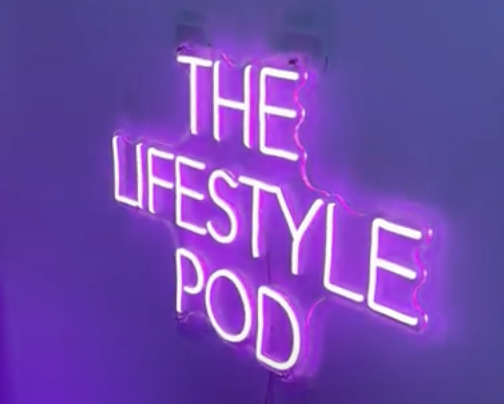Cookies and milkshakes
Wonderly’s Nihal de Silva takes a look at how brands are using loyalty and reward programmes to drive first party data collection in response to upcoming changes in browser tracking.

Nihal de Silva
Google’s announcement to delay plans to phase out third-party cookies on its Chrome browser until late 2024 might have left some marketers breathing a sigh of relief. The reasoning behind the delay being that marketers, publishers and brands need more time to test the suite of new privacy tools, being developed within Google’s Privacy Sandbox.
As third-party cookies will eventually fundamentally change how marketers target their consumers there has been a renewed focus on driving first-party data collection with direct consent.
Recently we’ve seen McDonald’s and Burger King join the likes of Starbucks and Costa in rolling out loyalty and reward programmes in the UK. With MyMcDonald’s Rewards, customers earn 100 points for every £1 they spend redeemable against food from a number of McDonald’s restaurants across the UK. Burger King’s rewards programme meanwhile are offering customers 10 points for every £1 spent online or through the BK app – points expire after 6 months so customers need to make at least one purchase every six months to avoid losing all their points.
Earlier this year Asda decided to tread a slightly different path and reimagined their loyalty programme, offering customers the opportunity to build up a cashpot which could then be exhanged for a voucher to spend in store. They also extended the redemption window from one month to three months, giving customers more time to add to their cashpots. Giving Asda an interesting point of difference from the other loyalty programmes in the market.
With consumers becoming ever more protective of their personal information, loyalty programmes can be a powerful tool for brands to scale the collection of first-party data by increasing consumer interaction and incentivising engagement. A recent Yopto poll found that 63% of UK customers will join the loyalty program of a brand they love, brands in turn can reap the rewards as proven by Starbucks who are often cited as the clear front runners in the loyalty stakes. As of October 2021, their rewards program has garnered nearly 25 million members and Starbucks Rewards now represents 53% of the spend in their stores.
So while the death of the cookie may now be a little further off after Google’s announcement, it appears consumers may be more than willing to share their personal data in return for a couple of free milkshakes.



